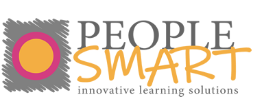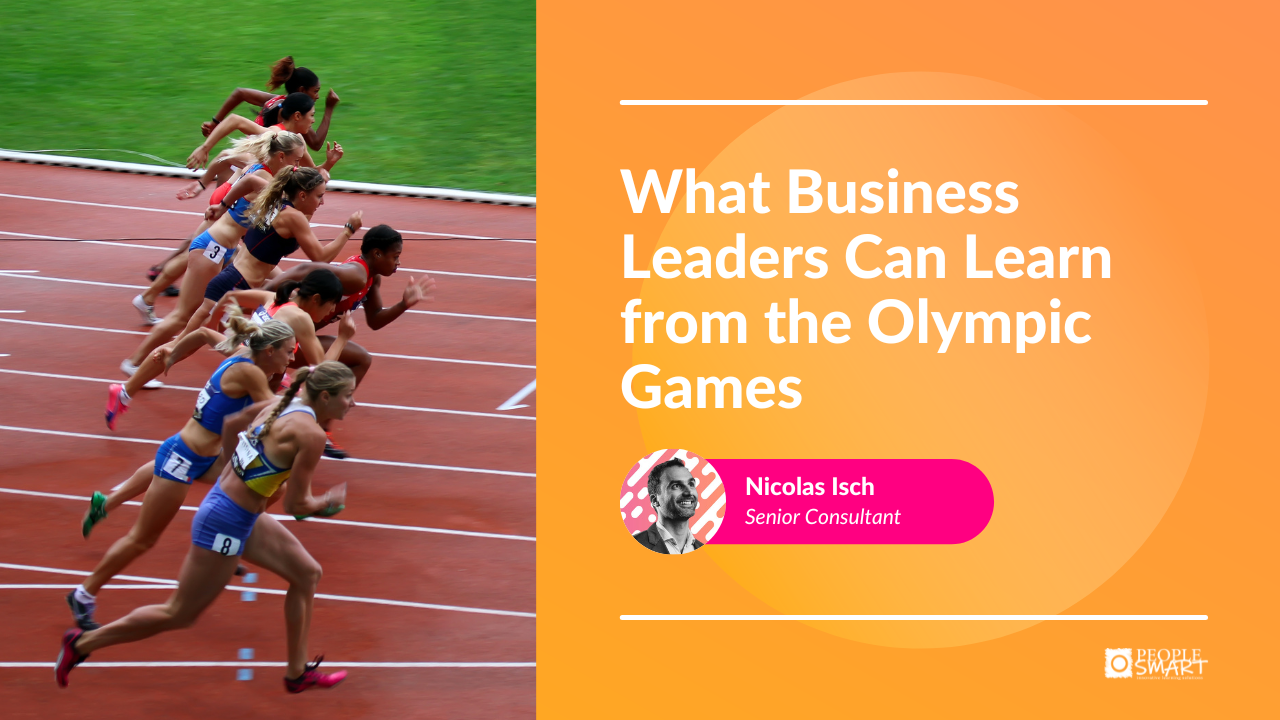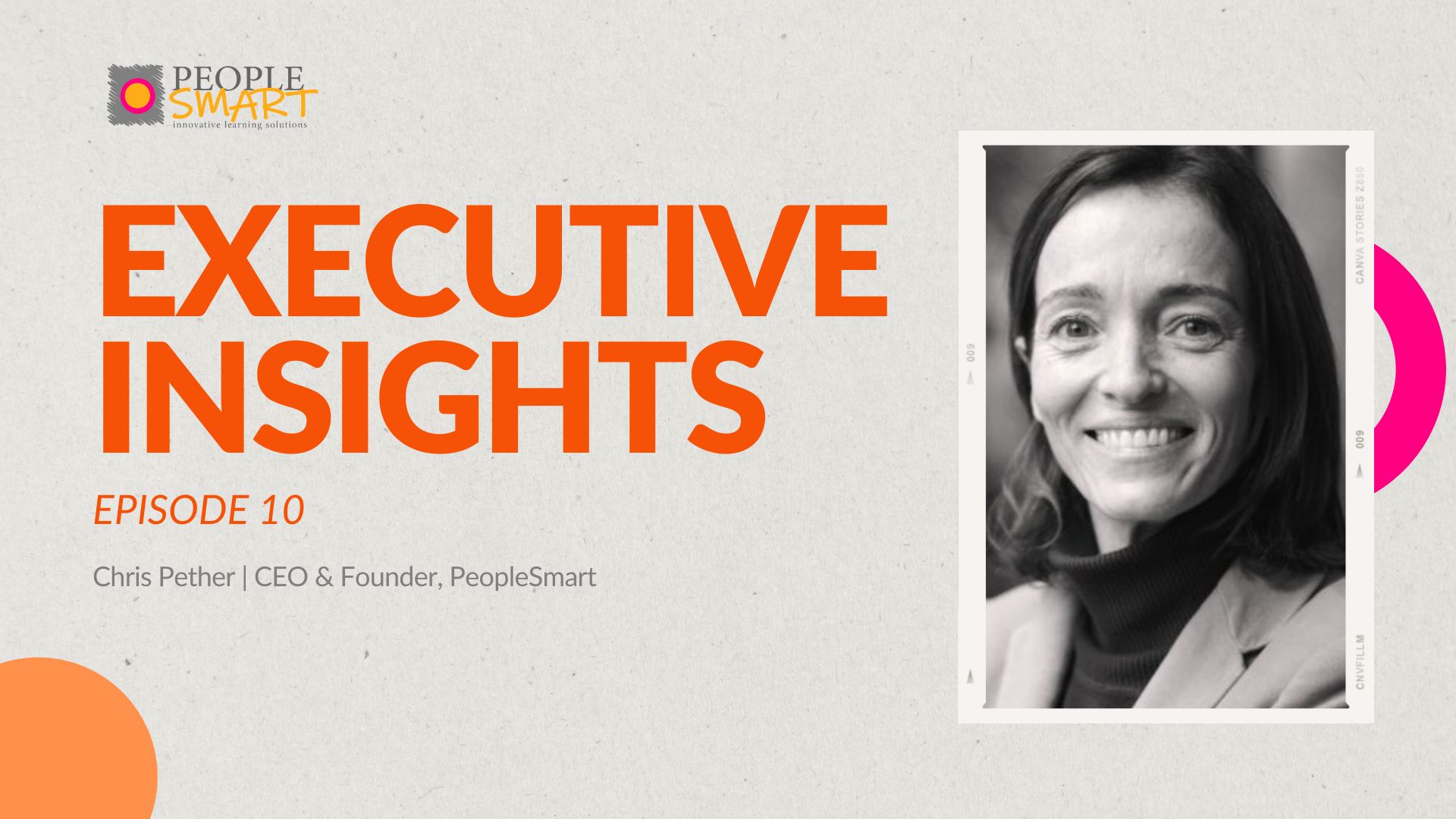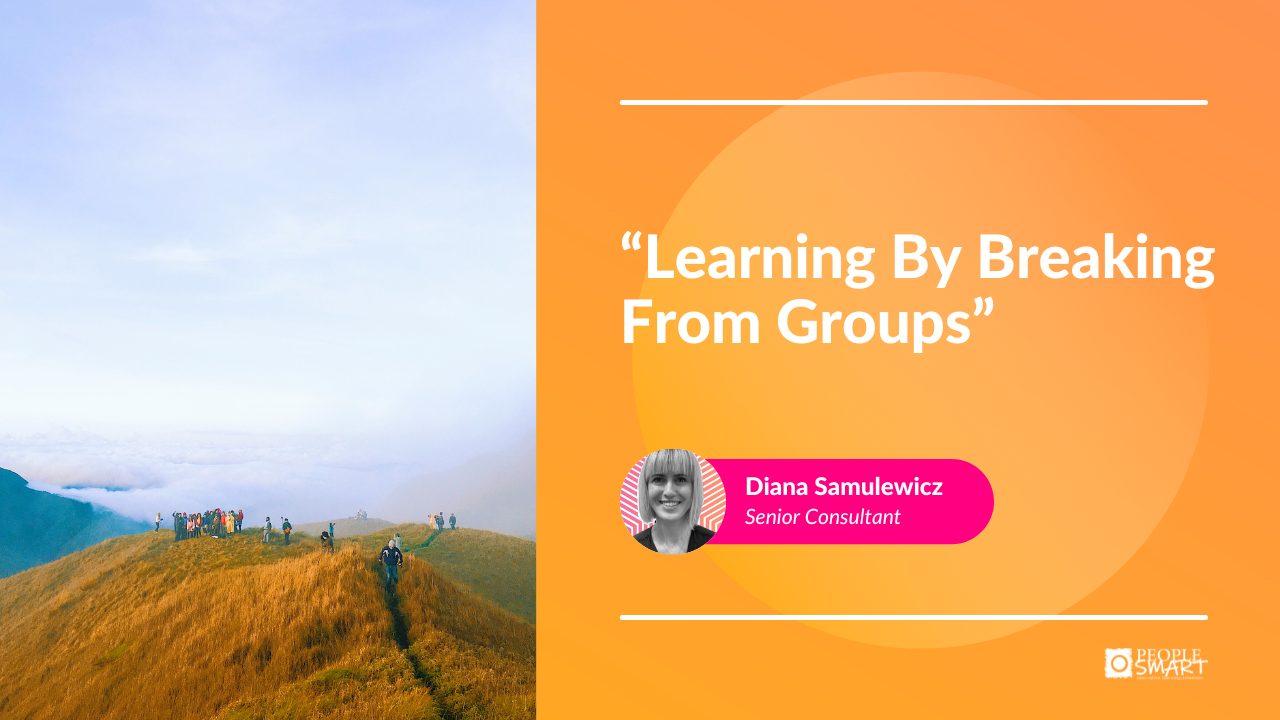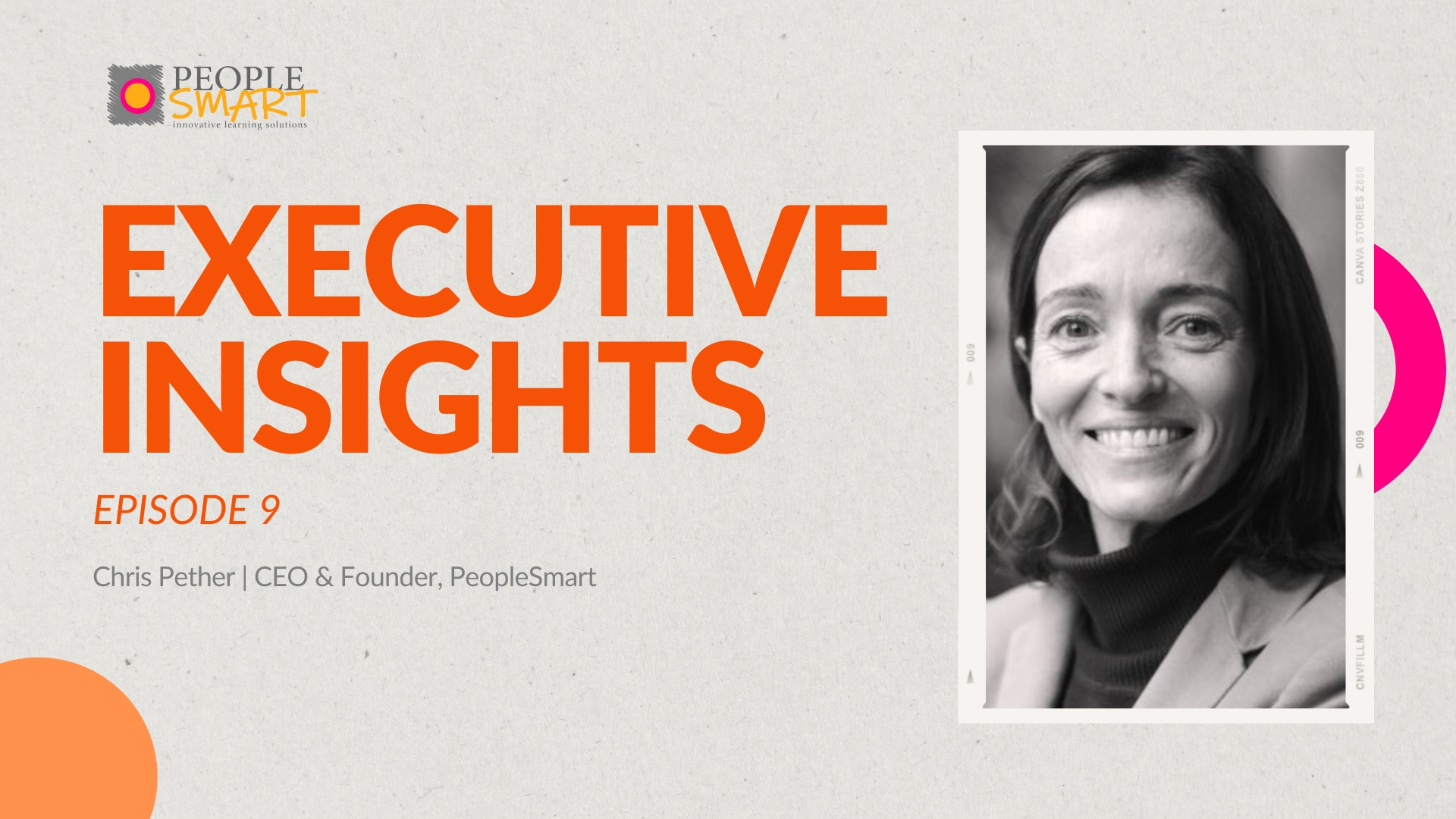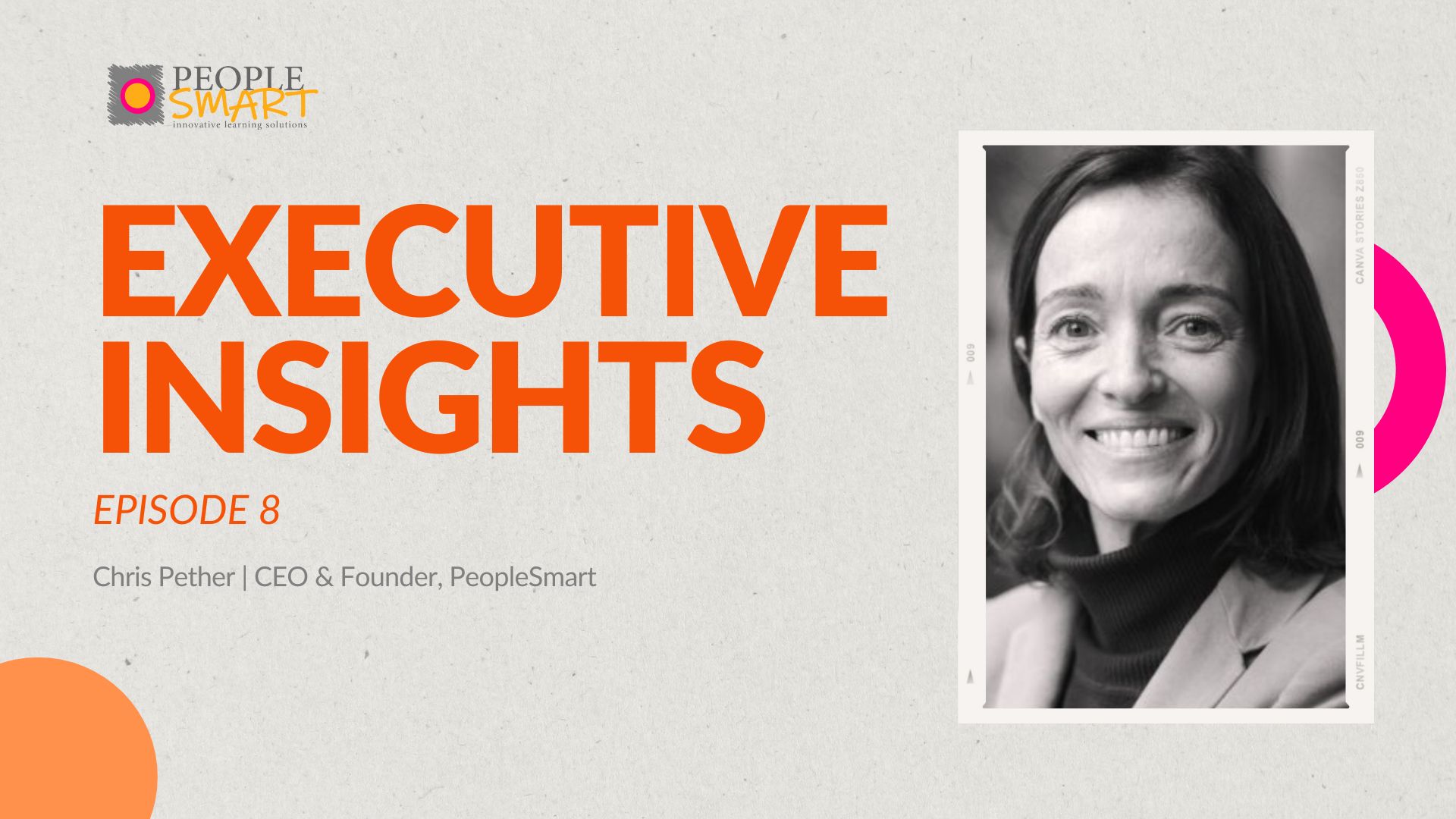The context in which leaders need to operate now is more than ever a fluctuating one with significant changes not only since the last century but most recent years. And in 2020 and the Coronavirus emergency this trend has reached its peak!
These changes apply to any sector of business, politics, economy and personal life. This impacts in turn on the that leaders are called on to develop today. They revolve around the capacities for relating and working well with others and coping in situations where there is a reduced or even no capacity to engineer the outcomes.
According to a research carried out at Hult International Business School there are three critical capacities for leaders today:
1) The capacity to collaborate with others
This ability involves being able to co-operate and facilitate co-operation across ideas, boundaries and cultures. Diversity and inclusion being one crucial related skill to being able to collaborate with other both inside and outside the organisation.
2) The capacity for resilience
Covid19 emergency made it clear that we all need to learn to be resilient. Leaders have a double responsibility, being able to bounce back following a crisis and help their team to do the same. But resilience is not only that. The Ashridge Resilience Questionnaire considers also: emotional control, self-belief, purpose, adapting to change, awareness of others and balancing alternatives. Leaders who score high on a combination of these measures have been shown to maintain their personal and leadership resilience in the face of adversity.
3) The capacity to survive and thrive in complex contexts
To this end leaders need to develop the capacity of being agile. This is an agility of thinking, being able and willing to step outside of their perspective to see others’ perspectives (a skill also required for collaboration). Connected to agility is the capacity to be flexible in making swift decisions in the midst of distraction, to adapt preferred leadership styles according to situations and team members’ personality and interactive styles.
The research team at Hult set out to investigate whether a mindfulness training would impact these three capacities. The mindfulness training they used in the research was the 8-week Mindfulness-Based Stress Reduction programme created by Kabat-Zinn. Their participants were a cross-sector group of 57 senior leaders.
The starting point: What is Mindfulness?
According to Kabat-Zinn Mindfulness is “the awareness that arises from paying attention on purpose, in the present moment and nonjudgmentally”. In other words, mindfulness is a choice, the choice to be aware of oneself, of others, and of what happens around us.
What did they find? Approximately 3 months after the Mindfulness programme, participants were administered a Survey, aimed to discover the extent to which participants felt the programme had impacted the three key leadership capacities of resilience, collaboration and leading in complexity described above.
Approximately 3 months after the Mindfulness programme, participants were administered a Survey, aimed to discover the extent to which participants felt the programme had impacted the three key leadership capacities of resilience, collaboration and leading in complexity described above.
When asked to explain the area that they felt they had experienced most impact in as a result of the programme, 40% of respondents detailed answers relating to ‘less stress’, ‘calmness’, and ‘emotional regulation’. Popular responses also included the ability to respond rather than react (14%) and increased focus (11%).
Post programme impact:
Meta-capacities
The most important finding was regarding the meta-capacities that participants reported being enabled by the Mindfulness programme and practice.
The first of these meta-capacities was the ability they discovered to choose to observe what they were thinking and feeling. Observe is the crucial word here – observing what is happening now, in the very moment, in our thoughts, feelings, and body. This meta-capacity is fundamental in freeing us from the ‘automatic’ thinking and ruminating.
The second meta-capacity was defined as curiosity towards the present moment, what happens in the present to us, to others, around us.
And curiosity helped the third meta-capacity, the attitude of allowing, being more understanding towards self and others, especially facing stressful situations.
These meta-capacities helped to develop 5 cognitive and emotional skills:
- Emotional regulation – the ability to make a conscious choice when responding to situations rather than reacting automatically following to emotional wave of the moment
- Perspective taking – the ability of considering situations and ideas from different angles; this ability impacted on the quality of decisions
- Empathy – the ability of focusing more on others than self
- Focus – the ability to concentrate and use selective attention to enhance clarity of thought and quality of decisions
- Adaptability – the ability to adapt to changing situations and context and people
 These conclusions lead to develop a theory of Mindful leadership that may represent the basis for further research and development in this area.
These conclusions lead to develop a theory of Mindful leadership that may represent the basis for further research and development in this area.
When a combination of the three meta-capacities of metacognition, curiosity and allowing are present a space opens in the flow of experience in which choiceful response becomes possible. This in turn impacts on the 5 cognitive and emotional skills mentioned above.
The diagramme of the theory developed from this study is shown on the right:
